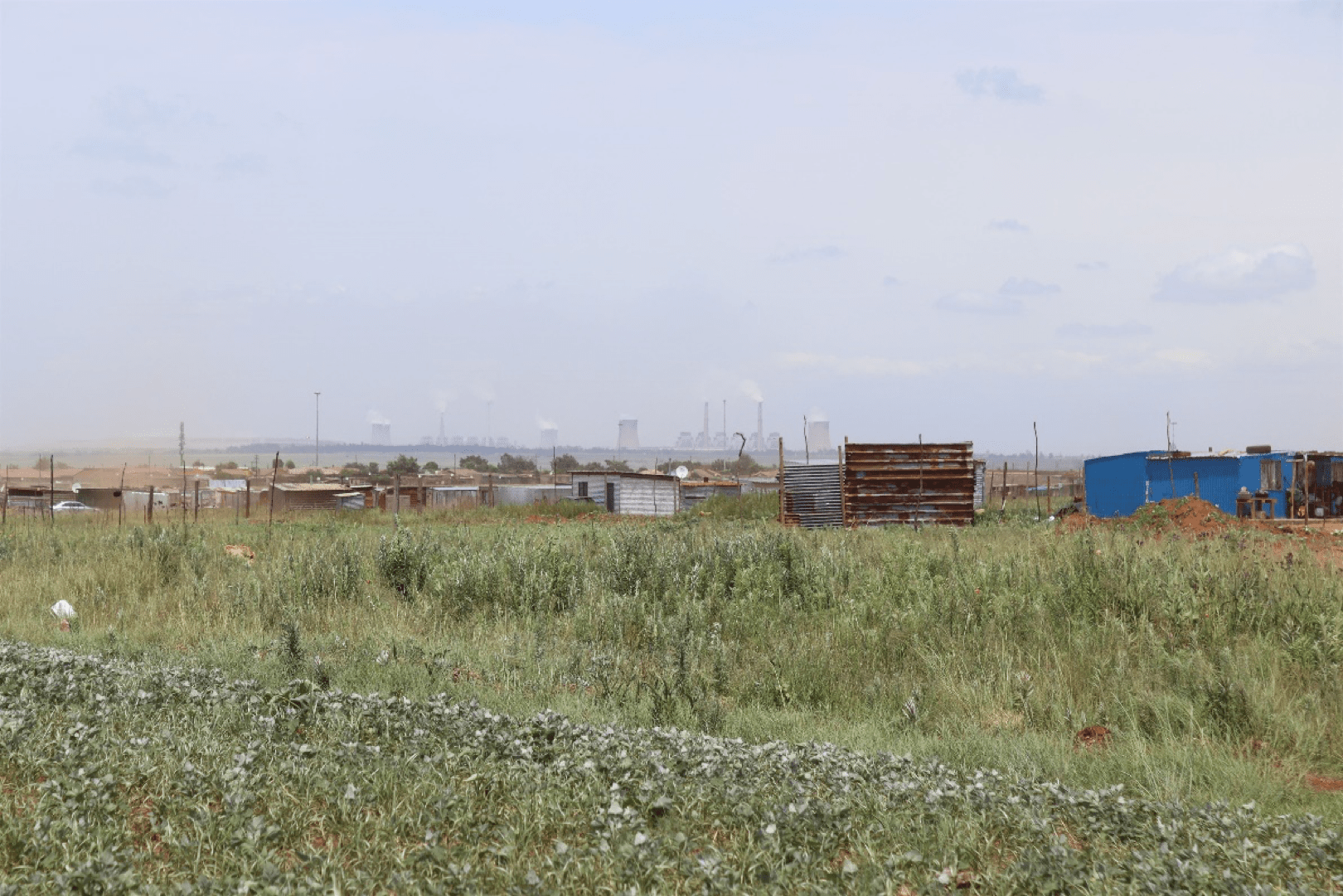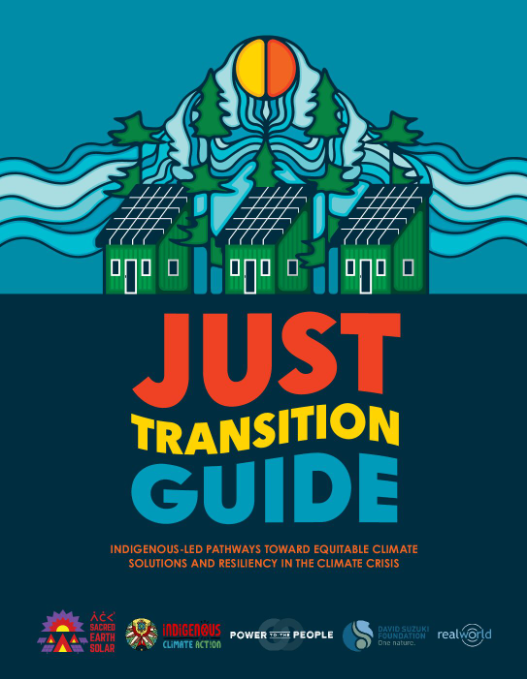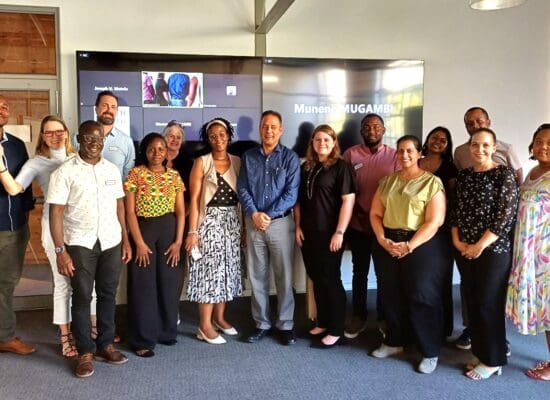Interview
How Ethnographic Research is Shaping the Just Transition Conversation in South Africa
Country:
South Africa,
Organisation:
PARI,

Dr. Tracy Ledger is a senior researcher at the Public Affairs Research Institute (PARI) in South Africa and heads their Energy Transition programme. She has a mixed background in economics and anthropology and has been with PARI since its founding in 2010. We spoke to her about PARI’s research in South Africa, which aims to demonstrate the benefits of using ethnographic methods, as opposed to quantitative methods, to explore the just energy transition (JET).
What are the origins of PARI’s Energy Transition programme?
The energy programme started four years ago, and to date has focused on the power sector. Many stakeholders in the energy transition were (and are) focused primarily on mitigation (decarbonisation) and for the power sector that means a focus on accelerated coal phase-out. We wanted a programme that would have an additional focus–a strong social justice component. For the first two years, the programme focused on researching energy poverty and energy access, in addition to how the state could accelerate renewables penetration in the electricity sector. In the past year, our focus has expanded to include the issue of collaborative policy-making.
Our underlying research assumption is that collaborative decision-making results in better problem definition and solution design than current orthodox approaches towards “public participation”, which are essentially just consultation on pre-determined policies and plans.
Often the government has predetermined ideas of what development and a JET should look like, and they present plans to the community without leaving room to incorporate their feedback.
Our own work in Mpumalanga has supported this assumption: within a few weeks we had identified two key transition issues that have not been addressed in current policies. These issues included the role of water in the transition, and the range of services provided to communities and municipalities by Eskom. The implication is that benefits to coal communities go far beyond just employment and sub-contracting, and these benefits must be taken into account in plans to make the transition “just”.
South Africa’s JT framework promises to deliver distributive, restorative, and procedural justice, but the framework has not been implemented in a way that ensures that its goals will be met.
What is the scope of your research?
We want to demonstrate to the South African government the benefits of alternative data collection methods, like ethnography, to encourage collaborative coproduction because that is what makes a transition-capable state. However, current administrative practices around community participation do not support genuine collaboration. Often the government has predetermined ideas of what development and a JET should look like, and they present plans to the community without leaving room to incorporate their feedback. We aim to develop tools and guidelines that support a bottom-up approach for more effective problem solving.
Why did you choose to use ethnographic research methods and how do they work in practice?
Ethnographic research is an established research method that aims to gain insights into the lived reality and world views of people, in their own narratives. It is the main research method used by PARI. An ethnographic approach is different to a questionnaire/survey method of qualitative data capture and allows for a much deeper and broader investigation of phenomena. The aim of ethnographic work is to get out into the field to gain insights into complex problems from the point of view of those most closely involved or impacted. This approach is also extremely useful in terms of capturing the nuances and impact of local contexts.
The aim of ethnographic research is precisely to surface those factors that are unknown (and so which cannot be theorised in advance).
Ethnographers do not approach the work with too many assumptions about what will be found, apart from the broad guidelines created by the main research questions. The aim of ethnographic research is precisely to surface those factors that are unknown (and so which cannot be theorised in advance). It is for this reason that we make use of a life history narrative approach (story telling) rather than formal surveys or questionnaires. Key to the success of this approach are skilled and experienced ethnographers.
What do members of South African coal communities think about JET?
There are a wide range of perceptions, not all of them favourable. Many community members believe that the JET is something that has been imposed on South Africa, and do not understand why we should have to move away from our “own” natural resource of coal. More concerning is the relatively large number of people we have encountered who know nothing or very little about the energy transition.
What have you learned about women’s vulnerability to the adverse impacts of the energy transition?
Women are often not considered a part of the workforce that will be most affected by the energy transition because many of their jobs, for example as street food vendors, fall in the informal sector, or they are employed by contractors and not directly by the power stations. Since they are not considered to be part of the labour force that will be impacted by coal phase out, they are unlikely to benefit from policies that aim to ensure that job losses are minimised.
Cece Coleman is a third-year Biochemistry student at Smith College, a private liberal arts women’s college in the U.S., and an intern at the International Institute for Sustainable Development working with the Just Energy Transition in Coal Regions Knowledge Hub.
Stay Informed and Engaged
Subscribe to the Just Energy Transition in Coal Regions Knowledge Hub Newsletter
Receive updates on just energy transition news, insights, knowledge, and events directly in your inbox.


